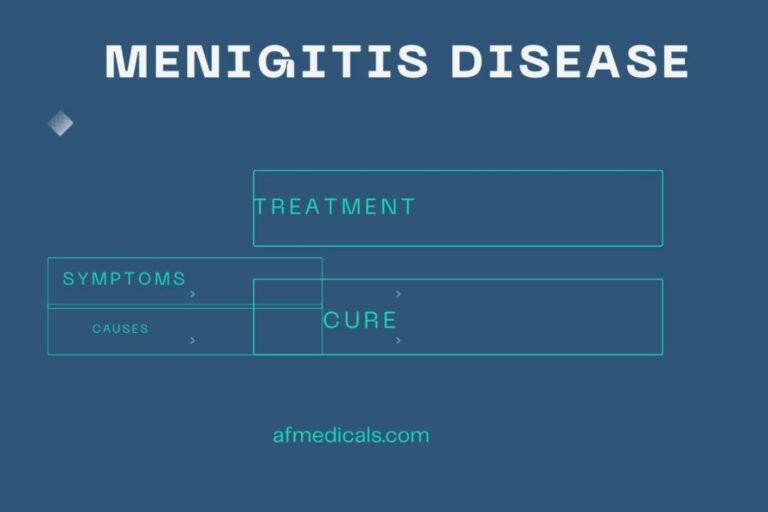Factitious Disorder: Symptoms, Causes and Treatment:
Factitious Disorder: Symptoms, Causes and Treatment:
Overview:
Factitious disorder may be a genuine mental clutter in which somebody cheats others by showing up wiped out, by intentionally getting wiped out or by self-injury. Factitious clutter too can happen when family individuals or caregivers erroneously show others, such as children, as being sick, harmed or impeded.
Factitious disorder indications can run from mellow (slight embellishment of side effects) to extreme (already called Munchausen disorder). The individual may make up indications or indeed alter with therapeutic tests to persuade others that treatment, such as high-risk surgery, is required.
Factitious disorder isn’t the same as designing therapeutic issues for commonsense advantage, such as getting out of work or winning a claim. In spite of the fact that individuals with factitious clutter know they are causing their side effects or ailments, they may not get it the reasons for their behaviors or recognize themselves as having a issue.
Factitious disorder is challenging to recognize and difficult to treat. Be that as it may, restorative and psychiatric offer assistance are basic for avoiding genuine damage and indeed passing caused by the self-harm ordinary of this clutter.
Symptoms:
Factitious clutter indications include imitating or creating ailment or damage or overstating side effects or impedance to hoodwink others. Individuals with the clutter go to awesome lengths to cover up their double dealing, so it may be troublesome to realize that their side effects are really portion of a genuine mental wellbeing clutter. They proceed with the double dealing, indeed without accepting any obvious advantage or remunerate or when confronted with objective prove that doesn’t back their claims.
Factitious disorder signs and symptoms may include:
Clever and convincing medical or psychological problems
- Extensive knowledge of medical terms and diseases
- Vague or inconsistent symptoms
- Conditions that get worse for no apparent reason
- Conditions that don’t respond as expected to standard therapies
- Seeking treatment from many different doctors or hospitals, which may include using a fake name
- Reluctance to allow doctors to talk to family or friends or to other health care professionals
- Frequent stays in the hospital
- Eagerness to have frequent testing or risky operations
- Many surgical scars or evidence of numerous procedures
- Having few visitors when hospitalized
- Arguing with doctors and staff






